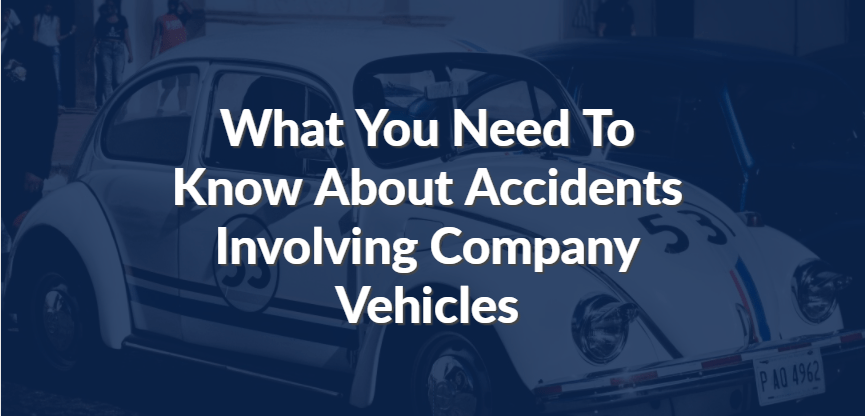
When in a car accident, you have the full right to sue the driver for any personal injury and financial damages you have suffered. But what happens if the vehicle was a company vehicle, and the driver was doing his regular job while at the time of the accident? Can you sue the company for compensation? In this post, we look to answer such questions.
The ‘Respondeat Superior’ Doctrine
If you have suffered an injury from a car crash wherein the driver of the vehicle was driving his company’s car while doing his work, then the legal doctrine of ‘respondeat superior’ comes into play. The doctrine simply states that a party is responsible for any action carried out by its agents. Applied to the corporate world, it makes the employer liable for anything that its employees do. An important point to keep in mind is that the employee has to be ‘at work’ at the time of the accident. Else the doctrine has less chance of being applied.
For example, if the vehicle in question was driven by an employee during routine company work, then you have the right to sue the company and get compensation from them. However, if the vehicle was used by an employee for a personal purpose, like visiting his grandmother’s house after working hours, then the company won’t be held liable. In such cases, it will be a waste of time to sue the company.
Now, if the ‘respondeat superior’ is applicable and a company can be held responsible for your injury, then they will obviously do everything they can to wiggle out from paying you a compensation. So, remember to get in touch with a good lawyer like Tom Blackburn, who has an excellent history of fighting and winning such cases for his clients.
Punitive Damages
When seeking compensation from a company, you are entitled to receive it for the medical expenses, loss of wages, etc which you have suffered. However, in some cases, you can also press for punitive damages together with the regular compensation. Punitive damages, in simple terms, refers to a compensation that a company is required to pay as punishment for negligence which led to the accident.
For example, let’s assume that the vehicle that caused the accident was supposed to be checked every quarter by a professional vehicle maintenance service, but the company failed to conduct the checkup. And then the accident was found to have happened because of a fault in the vehicle, which could have been remedied had the scheduled maintenance taken place. In such a scenario, it can be easily argued that it was the fault of the company that led to the accident. And if the court to agrees to it, then you will also receive a punitive damage compensation.
So, always remember to check if you can sue for punitive damages in addition to regular compensation whenever you are in an accident involving a company vehicle.




























